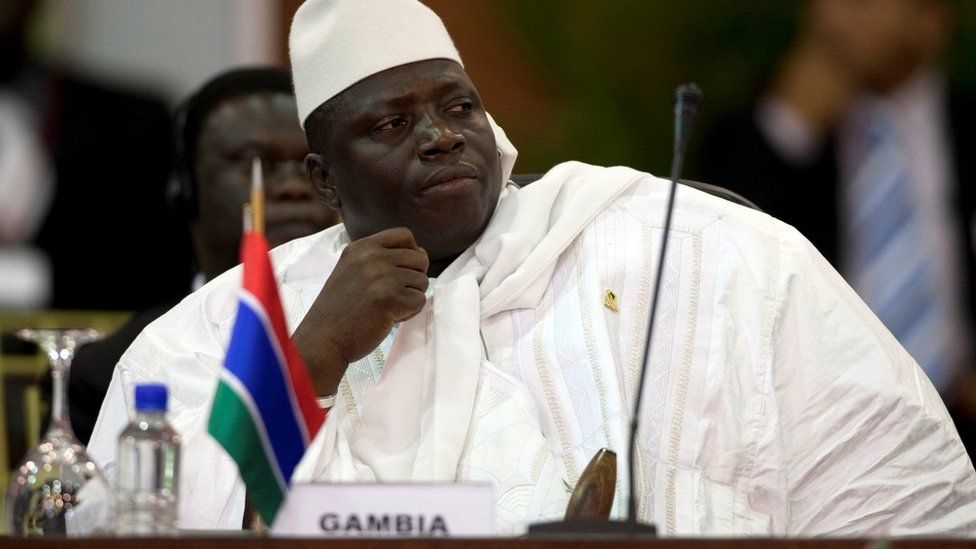The United Nations Working Group on Enforced Disappearances supports prosecution of crimes committed during the presidency of Yahya Jammeh and for a new international inquiry into the 2005 massacre of more than 50 West African migrants. The UN recommendations to duly investigate and prosecute without delay all cases of enforced disappearances is a positive sign, said 17 groups that have been campaigning for justice in The Gambia.
“The process must go beyond truth telling and perpetrators must be brought to justice,” the Working Group on Enforced or Involuntary Disappearances (WGEID) said in its report. The follow-up report presented during the recently-concluded session of the Human Rights Council is an important sign of support from the international community for accountability in The Gambia. The report underlines the importance of the work of the Truth, Reconciliation and Reparations Commission (TRRC), as well as the need to prosecute those responsible for the crimes committed under Jammeh.
“From the International Criminal Court to the United Nations, the world is speaking with one voice: there must – and there will – be justice for the crimes committed during Yahya Jammeh’s government,” said Fatoumatta Sandeng, spokesperson for the #Jammeh2Justice campaign, and daughter of the opposition leader Solo Sandeng, who was killed in custody in 2016. “Amnesty and impunity are simply not options.”
These recommendations are made public at a crucial moment, when the TRRC’s final report is expected to be issued after several delays, and the political situation in The Gambia has raised concerns that the Commission’s calls for justice could be swept under the rug.
In its report, the UN body saluted the work of the TRRC in its two years of public sessions and stressed the importance of continuing The Gambia’s efforts to ensure access to justice and reparations for victims of the Jammeh administration. In particular, it makes concrete recommendations for next steps, such as the conduct of criminal investigations into the grave human rights violations, notably enforced disappearances, that were uncovered during the TRRC sessions, and the establishment of specialized hybrid courts to try those alleged responsible for these violations.
The WGEID specifically looked at the 2005 massacre of more than 50 West African migrants and called for a diligent and transparent investigation to shed light on the fate of those forcibly disappeared – in which the Gambian State was involved, as was confirmed during the TRRC public hearings. “We welcome the UN’s call for the establishment of an international investigative team on the disappeared migrants,” said Emeline Escafit, legal advisor for TRIAL International. A coalition of 11 human rights organizations had called for such a new investigation in July 2020.
By issuing this report, the WGEID has sent a strong signal that the international community is concerned about accountability for serious crimes in The Gambia and that it will help ensure that the work done by the TRRC is not forgotten and translates into access to justice and reparation for victims of past abuses.
The 17 groups issuing the call are Africa Center for International Law and Accountability (ACILA), African Network Against Extrajudicial Killings and Enforced Disappearances (ANEKED), Amnesty International – Ghana, Commonwealth Human Rights Initiative (CHRI), Gambia Center for Victims of Human Rights Violations, Ghana Center for Democratic Development (CDD-GHANA), Human Rights Advocacy Center, Human Rights Watch, International Commission of Jurists, Institute for Human Rights and Development in Africa (IHRDA), Media Foundation for West Africa (MFWA), POS Foundation, Right 2 Know – Gambia, Solo Sandeng Foundation, The Toufah Foundation, TRIAL International, Women’s Association for Victims’ Empowerment (WAVE).
Read the press statement in French here.
Contact:
Reed Brody, t: +1-917-388-6745 / +34 640-531-901, e: reedbrody@gmail.com, Twitter: @reedbrody





